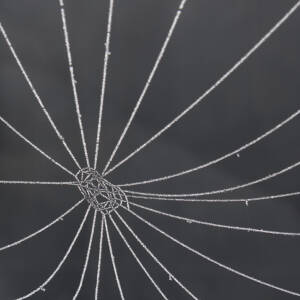There is a very 'Oxford' series of events going on here at the moment: the Adventures in Consciousness Season exploring 'consciousness and what it means to be human in a complex world'. This evening I went to 90 Minutes of Sleep, a film of Max Richter's eight-hour composition, Sleep, cut to 90 minutes by the composer. I've listened to some of his music online, though not in a very conscious way, and have usually enjoyed it.
Before the film there was a thirty-minute 'in conversation' between Max Richter and a woman academic whose name is not in either the printed or the online programme. (For the sake of feminism I sleuthed and discovered she is Mette Leonard Høeg, with a special interest in the potential of psychedelics for enhancement of morality and wellbeing). I was interested in their conversation about different states of consciousness when people are reading literature, listening to live music, looking at art, on psychedelic drugs...
Then the film of the music. Hmm.
It's not that I dislike the genre. Forty years ago I loved all 86 minutes of Koyaanisqatsi with its minimalist music by Philip Glass and its filmed homage to our world.
Richter's 90 minutes of minimalism was illustrated by the occasional pan of a silver birch wood, but mostly by a video of the musicians: Richter on keyboards plus two violins, a viola, two cellos and a soprano. I usually enjoy watching musicians perform but I was fairly soon bored and irritated. I tried to create my own visuals by closing my eyes (and not falling asleep), I tried leaving my mind to wander, I tried to think deeply about what boredom and irritation actually are. None really worked. Whenever the digital clock counting in 20ths of a second next to Richter's keyboard came into shot I marvelled at how little time had passed since I'd last seen it.
Eventually I realised that, apart from Richter, the musicians were not enjoying what they were doing. There was no connection between them and no expression of emotion. How can you play for 90 minutes and neither smile nor look at the people playing with you?
At that point I stopped wanting to join the (few) people who were walking out - I'd put myself in the middle of a row, so couldn't anyway - and became interested in how the musicians would behave when they'd finished. Would they acknowledge each other then? Smile, at least in relief at it being over?
But I had one more disappointment awaiting me. At the end of the film, the cinematographer faded out on the musicians and faded back in on the empty chairs.
As I passed Max Richter on the way out I wanted to ask what it had felt like playing that piece together, but I bottled it. I knew I wouldn't have the courage to answer if he'd asked me why I'd asked the question. So I just walked past him and came home.
Black and white in colour 296

Comments
Sign in or get an account to comment.


